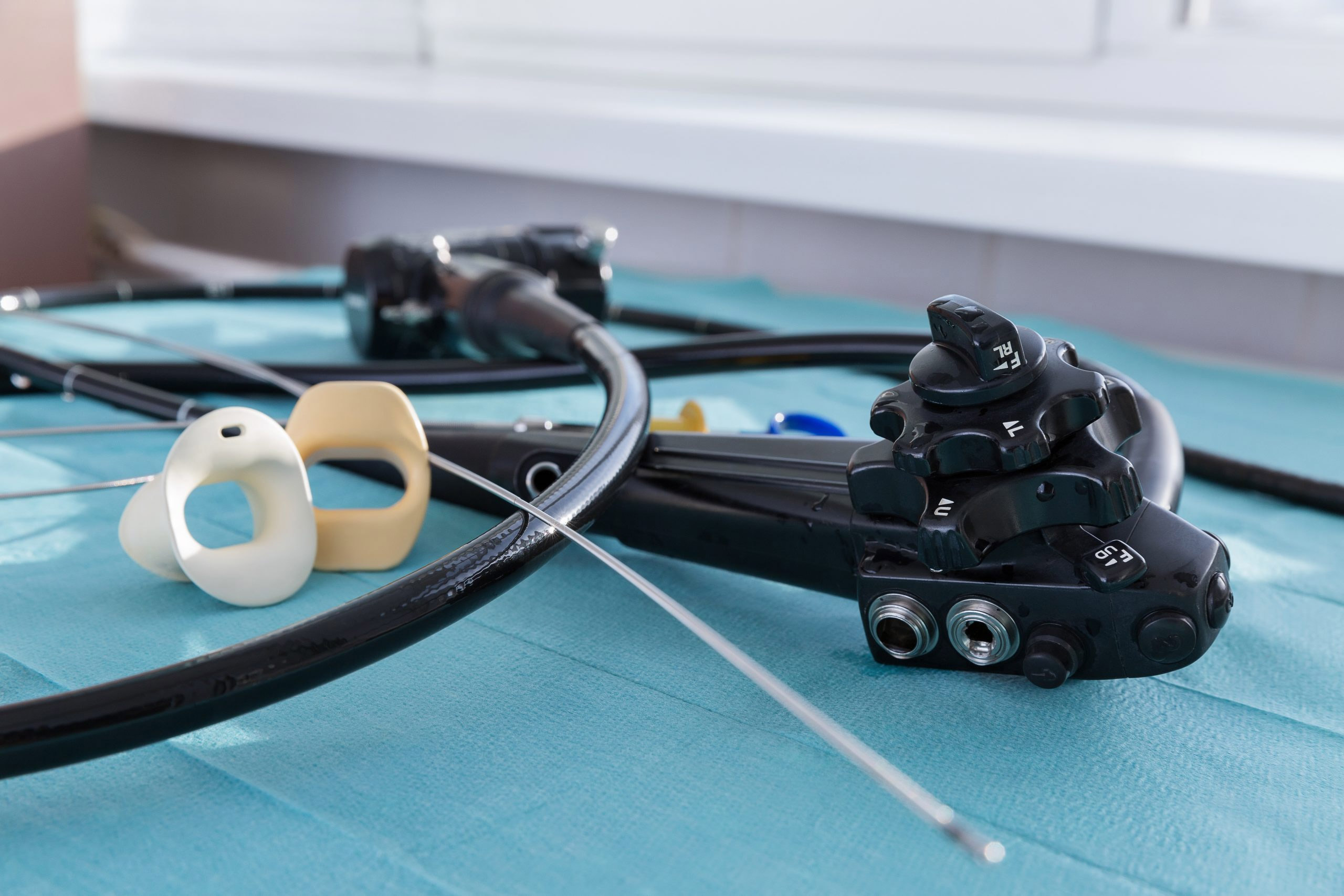
Since 2000, multiple authoritative bronchoscope disinfection and care guidelines have been published by professional societies. An audit of three major institutions’—the FDA, CMS, and ECRI Institute—stance on endoscope cross-contamination suggests that they are anything but laissez-faire. The following is a snapshot from these institutions on one or more dimensions of the problem. Note, this is not intended as a comprehensive summary of each institution’s position, but rather a sample.
In a safety communication issued in September 2015 titled “Infections Associated with Reprocessed Flexible Bronchoscopes,” the FDA’s analysis of Medical Device Reports (MDRs) between 2010–2015 identified two recurring themes: failure to meticulously follow manufacturer reprocessing instructions and the continued use of devices despite integrity, maintenance and mechanical issues (2). As a result, the FDA recommended six precautions for facilities that reprocess flexible bronchoscopes ranging from strictly adhering to manufacturer’s reprocessing instructions to storing bronchoscopes so that the likelihood of contamination is minimized. The safety communication also referenced the 2005 American College of Chest Physicians (CHEST) and American Association for Bronchology (AABIP) Consensus Statement as the recommended guideline for bronchoscope reprocessing.
Dr. Larry Muscarella’s recent article attempts to address a CMS checklist with requirements that must be adhered to in order to be accredited for payment by CMS. In section 3.A. the checklist states: “Hospital policies address steps to take when there are discrepancies between a device manufacturer’s instructions for completing high-level disinfection. To address this requirement, hospital staff must coordinate across departments on a variety of issues”.
The ECRI Institute has identified endoscope reprocessing failures as a top 10 health technology hazard for the last several years, including elevating it to the top of its most recent list for 2016. ECRI Institute also pointed out a simple and familiar paradox: if an organization is not currently experiencing patient infections as a result of endoscopic procedures, how is it to know that it has a flaw in its reprocessing process? Scott R. Lucas, PhD, a program manager at ECRI Institute, provided this answer: “It is often an increase in patient infection rates or a positive culture from a periodic microbiological sampling that triggers an investigation.” He suggests mitigating the risk of hospital-acquired infections related to endoscopy with a proactive approach. The problem’s source can actually be elusive. Chris Lavanchy, ECRI Institute’s engineering director, suggests for example that increases in workload can have an impact on effective endoscope reprocessing, a complex process. “A gradual increase in workload can lead to procedural deviations or shortcuts, particularly if the staff feel pressure to reprocess the scopes faster,” said Lavanchy.
In new guidance issued November 29, 2016, the FDA warned that backflow in irrigation channels used with flexible gastrointestinal endoscopes can pose an infection risk to patients. The guidance, entitled “Mitigating the Risk of Cross-Contamination from Valves and Accessories Used for Irrigation through Flexible Gastrointestinal Endoscopes,” highlights the cross-contamination risks associated with specific types of irrigation valves and accessories when used with flexible gastrointestinal endoscopes. It also outlines strategies to mitigate the risk of cross-contamination between patients. Clinicians often use a water bottle to supply irrigation during colonoscopy or esophagogastroduodenoscopy, and typically use a single water bottle for multiple patients without reprocessing it between patients. The FDA says that this practice raises the risk of cross-contamination because, with some devices, the water bottle and associated tubing and connectors can become contaminated with blood or stool in a phenomenon referred to as “backflow.”
Other channels including air and biopsy channels can also present a potential source for cross-contamination. The FDA recommends that, in the absence of valves to prevent backflow, the water bottle and any associated tubing and connectors should be reprocessed or discarded after every patient use. For auxiliary water channels with external valves, any device that is directly connected to the auxiliary water inlet (up to and including the distalvalve in the fluid pathway) should be considered contaminated and should be reprocessed or replaced after every patient use. The 2005 Consensus Statement issued by CHEST and AABIP declared that a review of the available literature suggests that all episodes of cross-contamination are preventable. In order for future outbreaks to be avoided, it is imperative that bronchoscope users adhere to safety issues and act to implement best practices such as those from the FDA, CMS, and ECRI Institute immediately.
This article was originally published in An Intensivist’s Handbook, September 2016, by Ambu, Inc.


